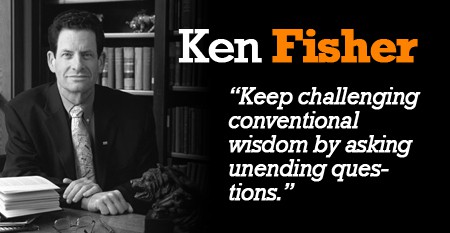Google and Apple are both highly esteemed brands. Both companies share many common traits that have contributed to their success, but there is one very big difference between the two – Google plays offense while Apple has recently settled for playing defense. Apple is struggling to maintain its position in the market, while Google is expanding its position. There is a leadership lesson here…
Fact: even the best defense in the world can’t win a game if the offense doesn’t put some points on the scoreboard. Think about any organization that devolved from exceptional to good, good to mediocre, or good to gone and you’ll find they all share one thing in common – they started playing defense when they should have been playing offense.
Google could have made the decision to stay solely focused on search, but they had the foresight to move beyond the certainty of what is to pursue new opportunities by focusing on what if. Sure, Google has maintained its position as the dominant search platform (by playing offense), but they have also leveraged their offensive mindset to exert dominance in categories outside of search as well.
Apple on the other hand, while once the leading innovator in their space, has ceded that position to other more aggressive players like Samsung, and yes, Google. Where Apple went wrong is they began to confuse version releases and feature improvements with innovation. What Apple is learning the hard way is even the most loyal base of consumers will jump ship when provided a valid reason to do so.
To create something of value is a significant accomplishment. However, the concept many fail to grasp is that value creation is only sustainable if it continues to be scalable. Think of it like this – The only way to protect value is to create more of it. The minute value stands still is the very minute the market adapts and your competition will begin to erode the value you worked so hard to create.
Think of any great brand during their heyday and you’ll find they defended their brand by playing very aggressive offense. They were in constant growth mode fueled by purpose-driven innovation. They did not settle for protecting what they had created but put everything they had into innovating beyond their creation. Put simply, a lack of innovative thinking is the precursor to a brand in decline.
Examine any category leader and you’ll quickly realize what put them at the head of the pack. They were leaders who valued innovation and all the good things it affords (healthy culture, ability to attract and retain talent, a focus on the consumer, and alignment to a cohesive vision). When companies begin to overemphasize risk management and deemphasize opportunity management, the nauseous stench of the status quo will begin wafting through the enterprise in epidemic proportions.
The best leaders understand that usual and customary are not necessarily synonymous with healthy and thriving. The real key to innovative thinking begins with an open mind – a recognition that those who think differently aren’t inferior, nor are they a threat. An open mind is a sign of confidence, which allows leaders to recognize that diversity of opinion leads to better thinking, better discovery, and better outcomes.
Which side of the ball do you prefer to play on – offense or defense?







